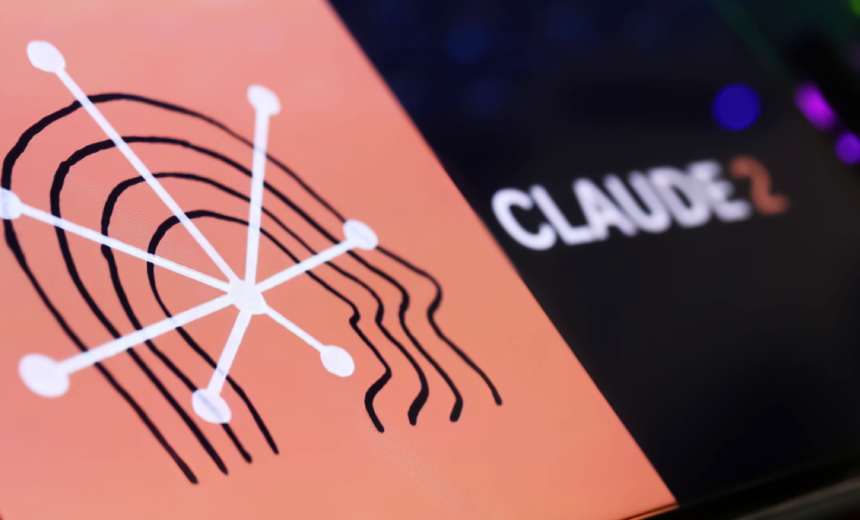Researchers Debut AI Software That Helps Detect Zero-Days
[ad_1]
Artificial Intelligence & Machine Learning
,
Governance & Risk Management
,
Next-Generation Technologies & Secure Development
Vulnerability Software Detected Flaws in OpenAI and Nvidia APIs Utilized in GitHub Initiatives

Security researchers have developed an autonomous artificial intelligence tool that can detect remote code flaws and arbitrary zero-day code in software. The AI tool is still gives some inconsistent results, but researchers said it identifies fewer false positives.
See Also: 2024 Threat Landscape: Data Loss is a People Problem
Safety agency Defend AI developed the Python static code analyzer known as Vulnhuntr, constructed on Anthropic’s Claude 3.5 Sonnet giant language mannequin, to establish vulnerabilities in code and develop proofs of idea for compromises.
The researchers discovered vulnerabilities in GitHub initiatives utilizing OpenAI, Nvidia and YandexGPT APIs. For instance, an OpenAI file – “get_api_provider_stream_iter operate in api_provider.py” – included server-side-request forgery flaw may allow attackers to manage API requests and redirect them to arbitrary endpoints.
“Usually, a Vulnhuntr confidence rating of seven signifies that it is probably a sound vulnerability however it might require some tweaking of the proof of idea. Confidence scores of 8, 9 or 10 are extraordinarily prone to be legitimate vulnerabilities, and confidence scores 1 to six are unlikely to be legitimate vulnerabilities,” the researchers stated.
To develop the answer, Defend AI researchers needed to overcome context home windows limitations sometimes present in LLM fashions – which restrict the quantity of data an LLM can parse when processing a immediate or query.
To beat context home windows limitations, researchers used retrieval augmented technology to parse giant quantities of textual content instantly into tokens, and so they fine-tuned the software with pre-patch and post-patch code and mixed it with vulnerability databases akin to CVEFixes. The researchers then remoted sections of code into smaller items.
“As an alternative of overwhelming the LLM with a number of entire information, it requests solely the related parts of the code,” Defend AI stated. “It robotically searches the venture information for information which can be prone to be the primary to deal with consumer enter. Then it ingests that whole file and responds with all of the potential vulnerabilities.”
The software makes use of 4 prompts designed to information the LLM, form its responses for advanced reasoning and filter outputs to establish flaws. Vulnhuntr analyzed knowledge akin to capabilities, courses or different associated snippets to achieve a full image of the code or to substantiate or deny the presence of any vulnerabilities.
“As soon as the complete image is obvious, it returns an in depth last evaluation, mentioning bother spots, offering a proof-of-concept exploit, and attaching a confidence score for every vulnerability,” the researchers added.
Accuracy Challenges
Like most AI purposes nonetheless in an early phases of growth, the software is liable to accuracy and different coaching knowledge limitations, Defend AI stated.
For the reason that utility is skilled to establish solely seven sorts of flaws, it can not establish further sorts of vulnerabilities, the researchers stated.
Though it may be skilled utilizing further prompts to acknowledge extra flaws, the researchers stated this might enhance the appliance run time. For the reason that software solely helps Python code, the appliance additionally generates much less correct knowledge for code that’s developed in every other programming languages, researchers added.
“Final, as a result of LLMs aren’t deterministic, one can run the software a number of occasions on the very same venture and get completely different outcomes,” Defend AI stated.
Whatever the limitations of the appliance, the researchers added Vulnhuntr is an enchancment over different static code analyzers for locating advanced vulnerabilities and limiting false positives. Defend AI researchers stated they plan so as to add extra tokens to allow the software to parse whole codebases somewhat than smaller items.
[ad_2]
Source link

